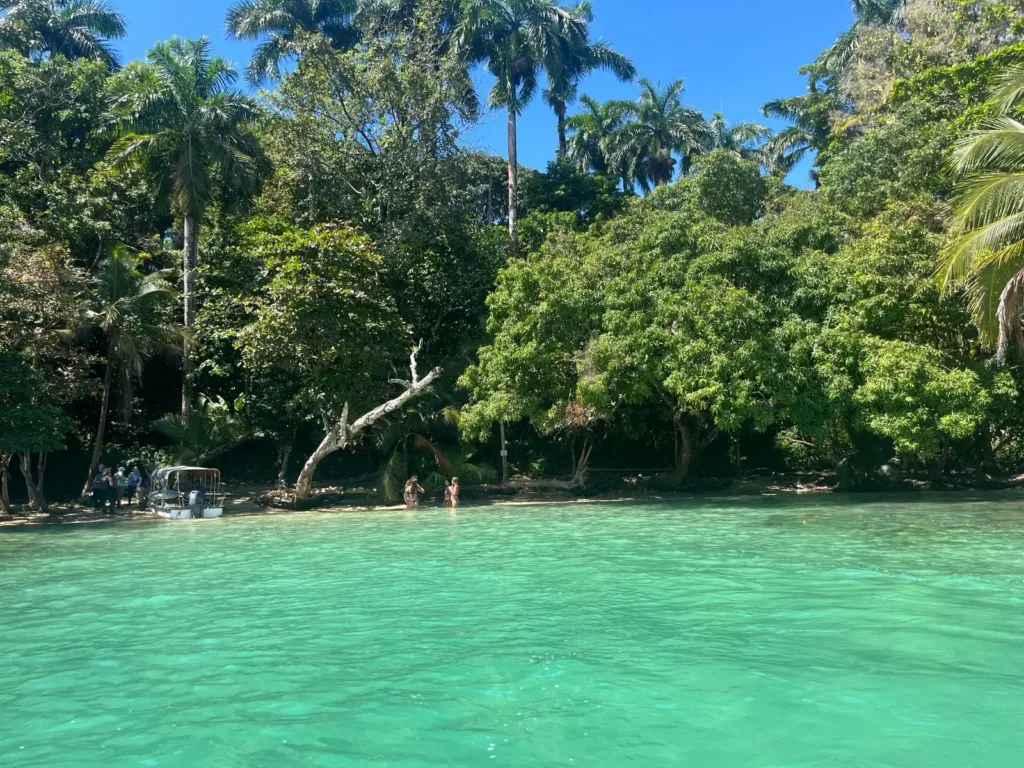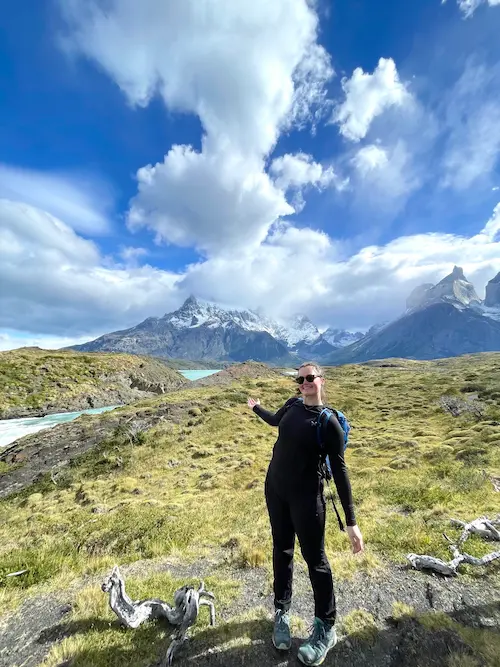Directed Research in Panama
Directed Research is up and running in Bocas. We have three groups this semester working on very different projects:
Professor Carolyn Kovacs’ group (Tropical Coastal Ecology) is continuing a project that started in Fall 2018, studying sea stars at Playa Estrella. This popular tourist beach is frequented by hundreds of travelers every day. Locals have stated that the number of sea stars on the beach has vastly decreased over time and this project aims to study whether the increase in tourism could be cause. Students are studying whether tourists moving sea stars impacts their feeding activity and movement patterns. They are also studying whether there are more sea stars found at the less populated parts of the beach. Students and staff met with owners of beachside businesses to see what questions they would want answered. In addition to sea star abundance, they were also concerned about the “splinters” that people complain about getting in their feet. These are actually spicules, small shards of silica that make up the skeleton of sponges. As there are sponges in some of the reefs off Playa Estrella and sea stars have been observed occasionally consuming these sponges, the students have added in a component to the project this semester examining the spicule content of the sand at various distances in relation to both the reef and to sea stars to see if all of these components are related. The stakeholders are looking forward to the results of the students’ projects. This project is quite rigorous with hours spent diving down in the water to depths of up to 6 meters to count the sea stars. Students return each day happy, sun-soaked and pleasantly exhausted.
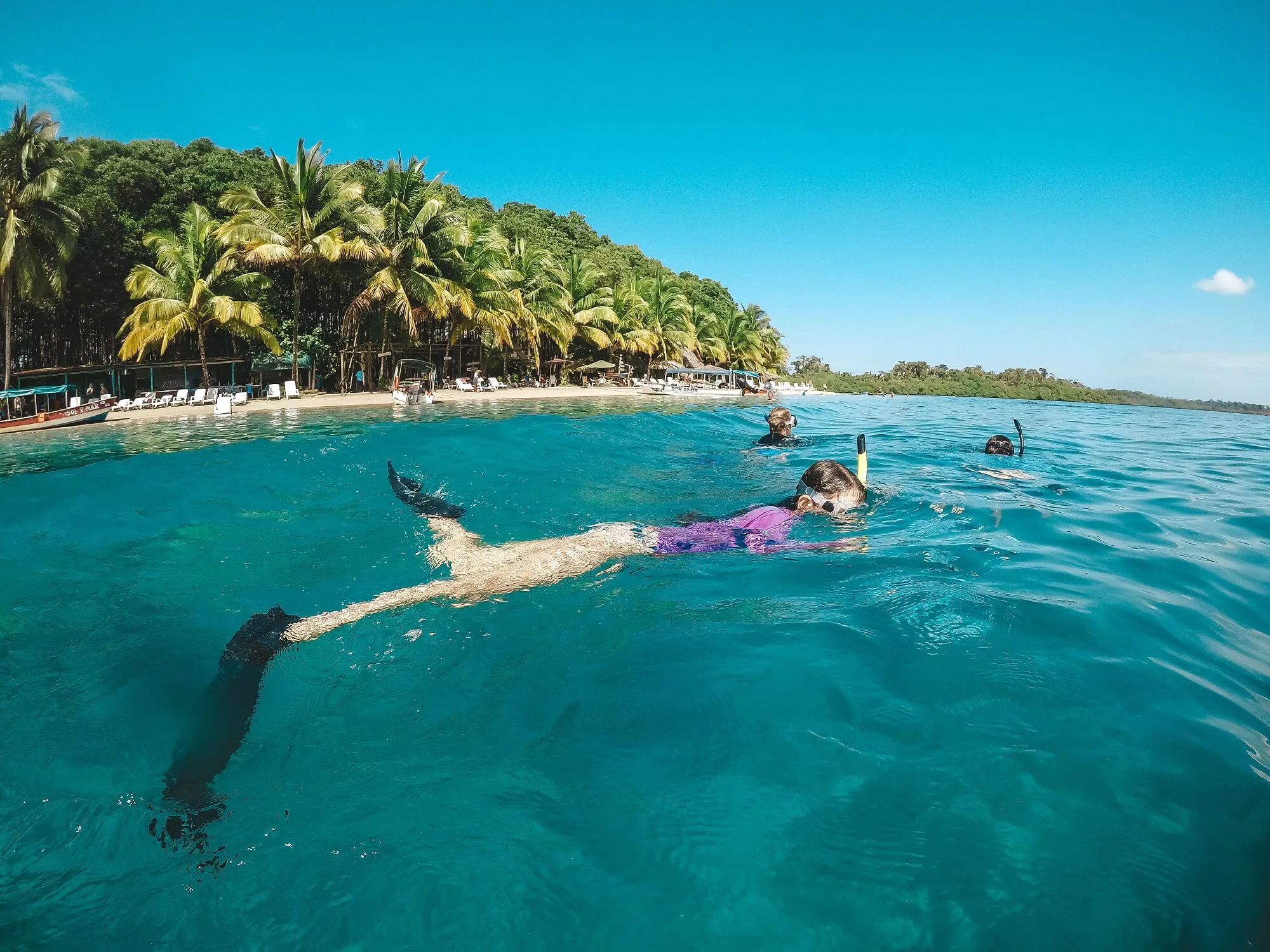
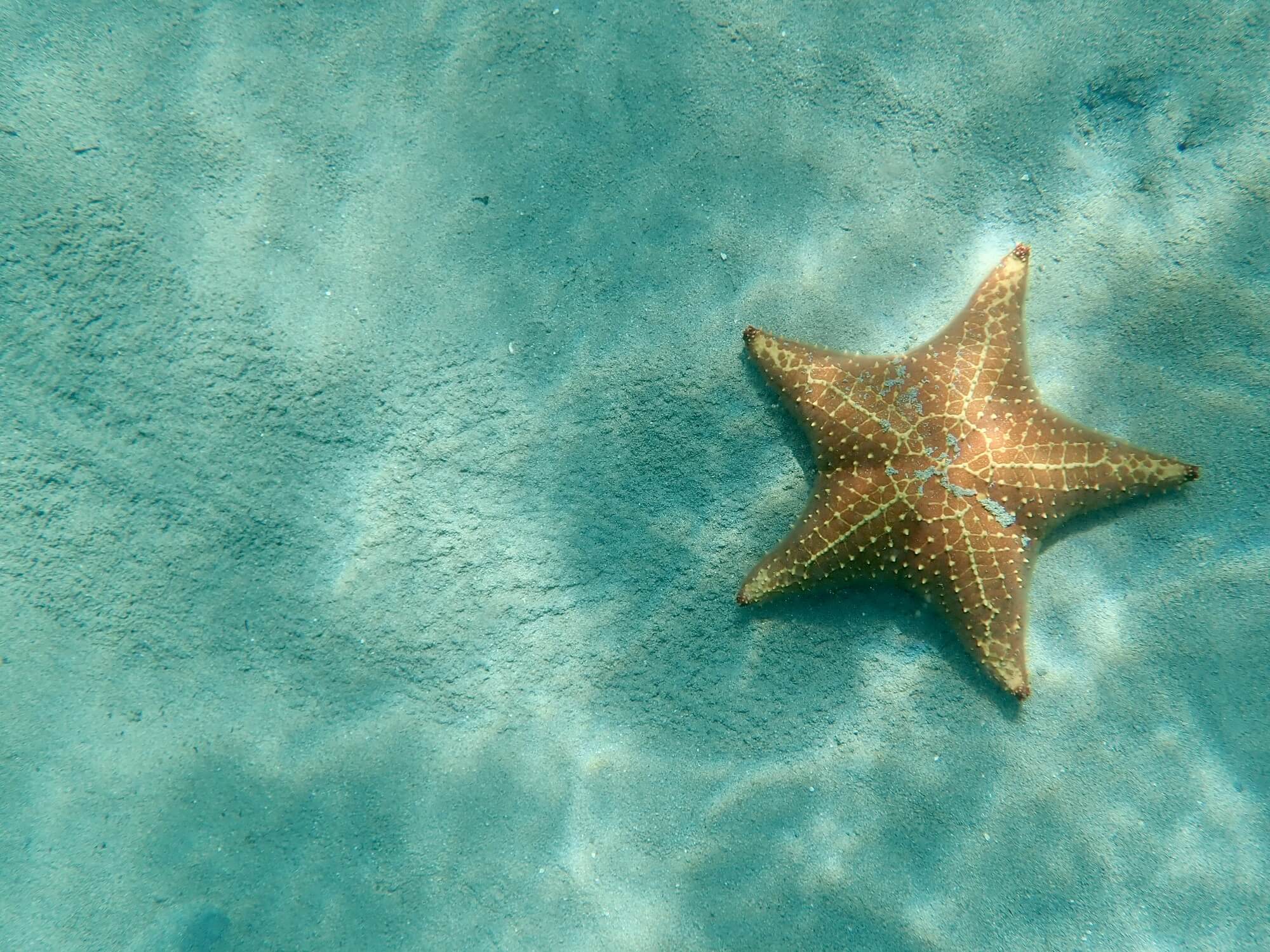
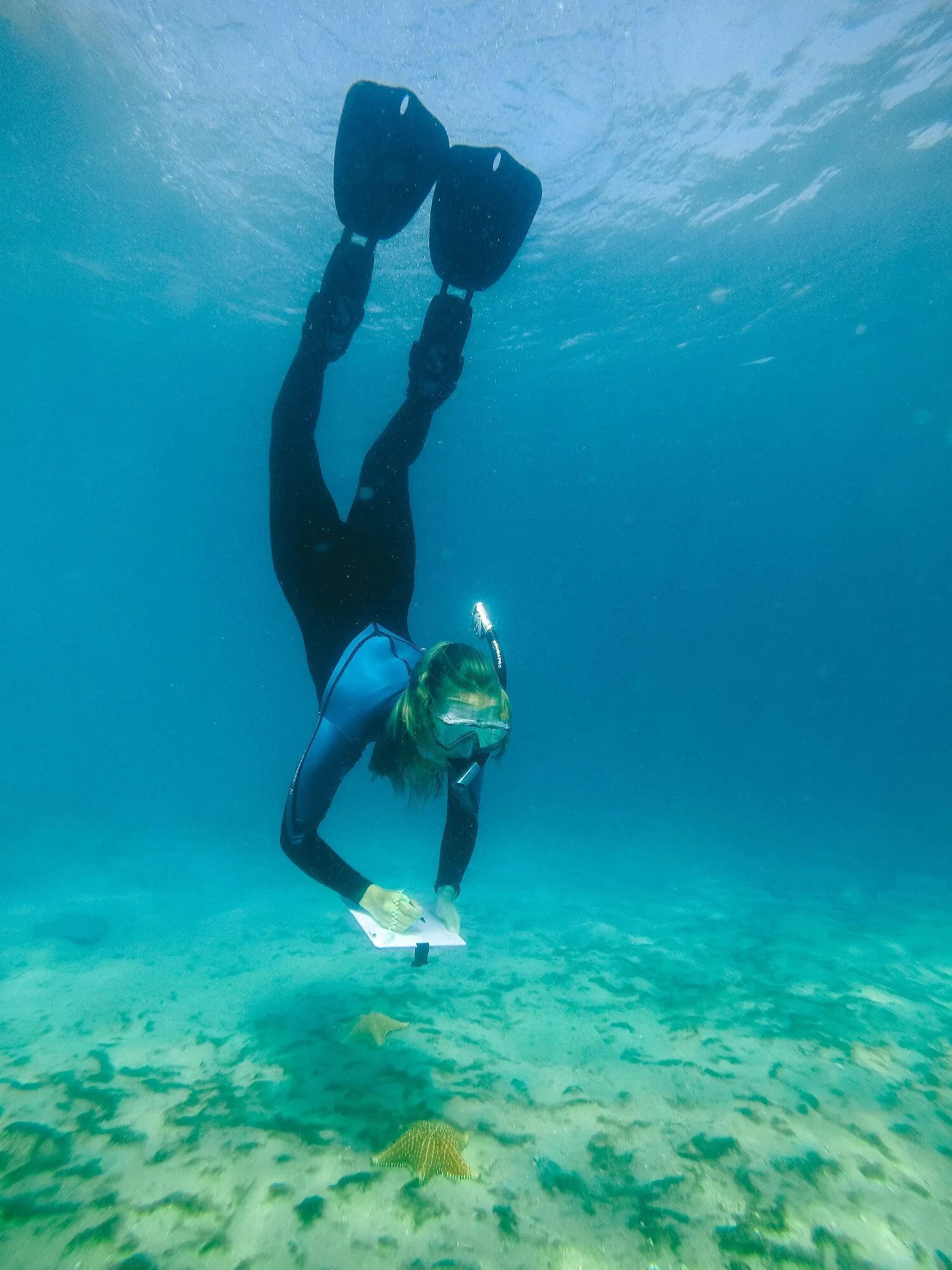
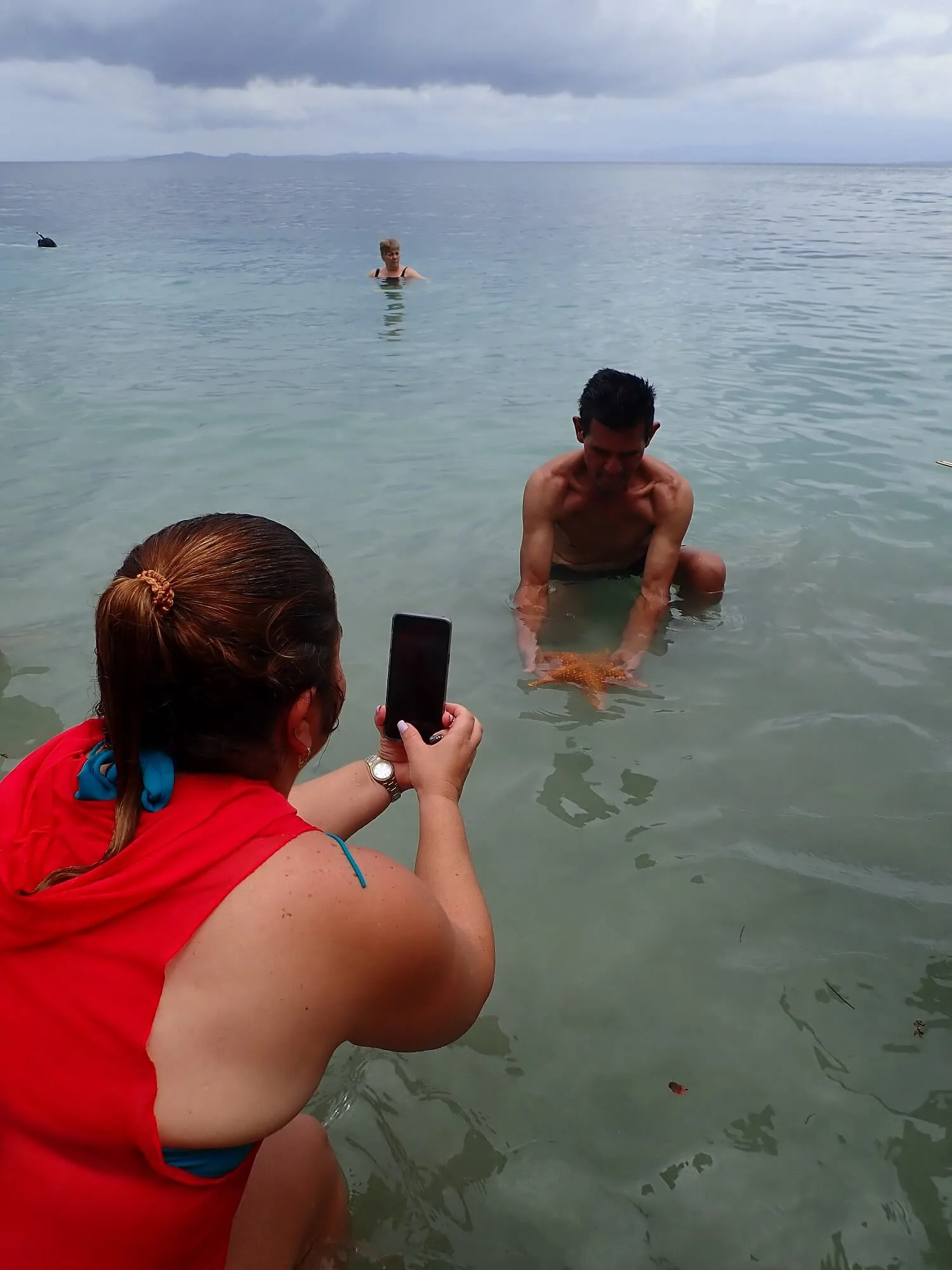
Bocas del Toro is increasingly being marketed as a party tourism destination. Entrepreneurs are capitalizing on this image by creating popular curated drinking events, such as a bar crawl across three islands in the archipelago, called Filthy Friday. Professor Leon Mach’s group (Environmental Policy and Socioeconomic Values) is studying the social, cultural, economic and environmental impacts of party tourism in the Archipelago. SFS students are surveying and interviewing local stakeholders to assess how party tourism growth is impacting the lives and attitudes of people living in the islands. Through the project, the group is gaining confidence in their Spanish language and survey skills. Their goal is to reach more than 100 stakeholders and the hope is that this information will be helpful to share with bar owners, government employees, and other stakeholder to help better inform their decisions regarding the facilitation and enforcement of party tourism.
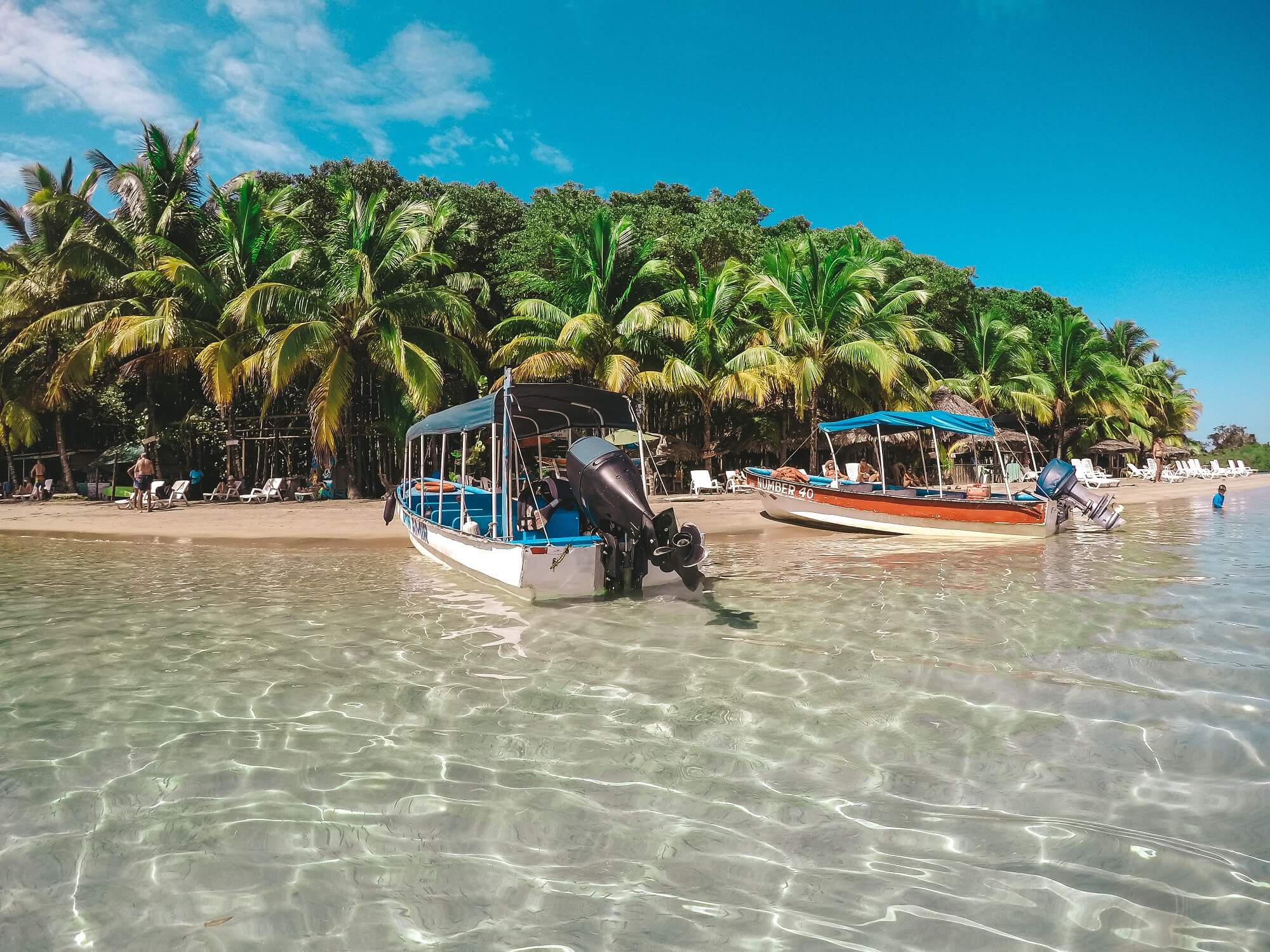
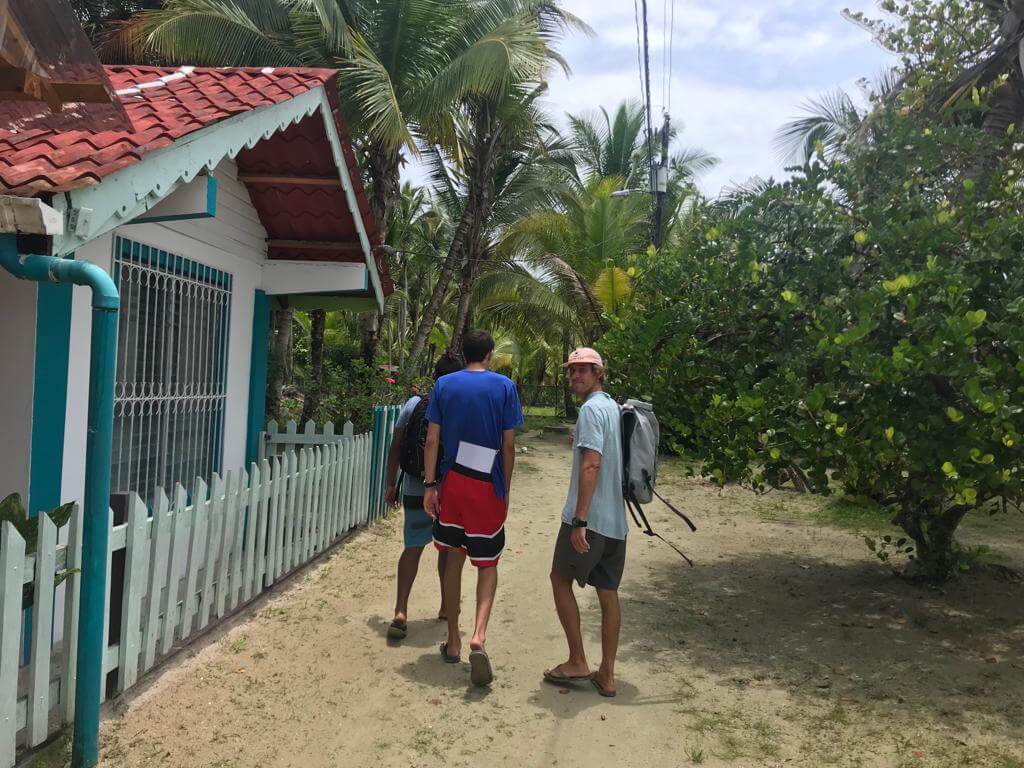
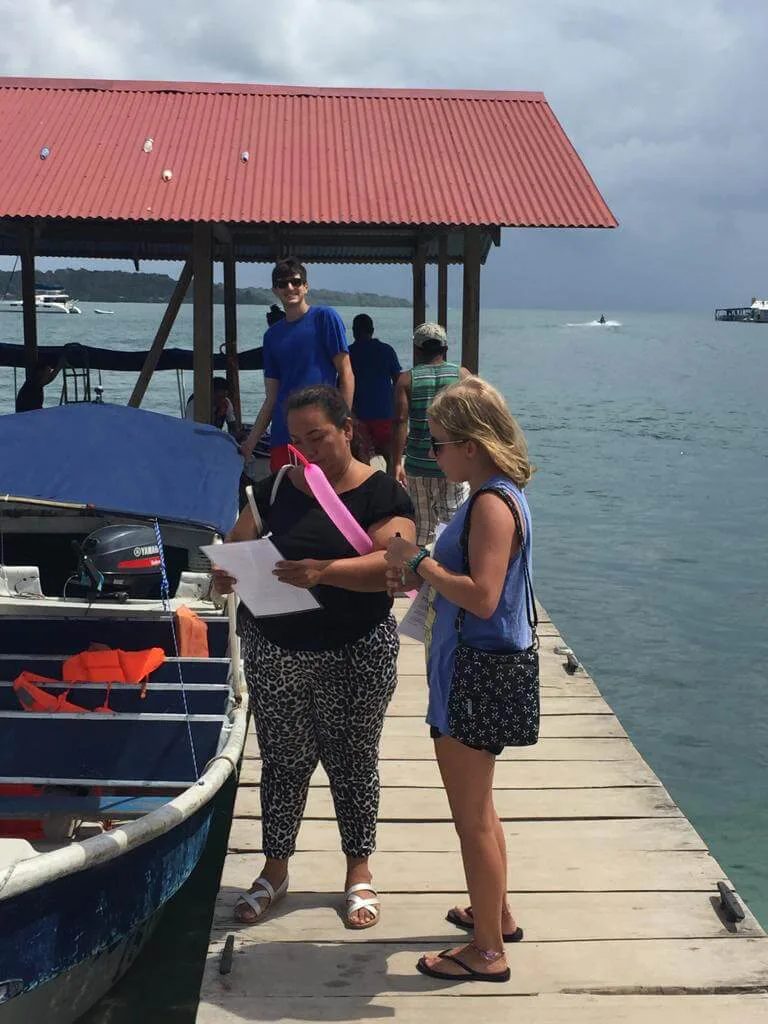
Professor Leo Ceballos’ group (Principles of Resource Management) is venturing into the forests of Isla Solarte to do an in-depth study on leaf-cutter ants, an icon of the neotropical forests. Specifically, they are looking for links between forest disturbance and leaf-cutter ant presence. Leaf-cutter ants are eusocial insects that harvest plants to farm fungus inside their colonies and they are the only insect considered as ecosystem engineers, due to a profound impact on the soil nutrients’ cycle and formation of gaps inside the forest. It has been established in the literature that leaf cutter ants prefer pioneer species of plants and, since those plants are common in more disturbed areas, leaf-cutter ants can thrive in areas with higher human impacts. In this way, leaf-cutter ants can be also considered a bioindicator species, their population increase can indicate a decline in the health status of the ecosystem. This group seeks to understand more about ants harvesting behavior and the impact of the harvest on the forest composition. To accomplish this, they are counting and characterizing nests in areas of lower and higher human impact. Part of the group will evaluate how areas with different levels of disturbance can have different microclimatic conditions and structure that affects ant’s activity and foraging efficiency. The other part of the group will identify the proportion of pioneer and non-pioneer plants attacked and estimate how much ants can impair the growth of those plants. Finally, they will estimate the amount of biomass that ants can input in the soil and discuss the ant’s role as ecosystem engineers. The results of this work can produce more refined information about how leaf-cutter ants can be used as a bioindicator species in the Archipelago of Bocas del Toro. Additionally, information about the preferred plant species cut can be used to support plans of ant management and reforestation strategies.
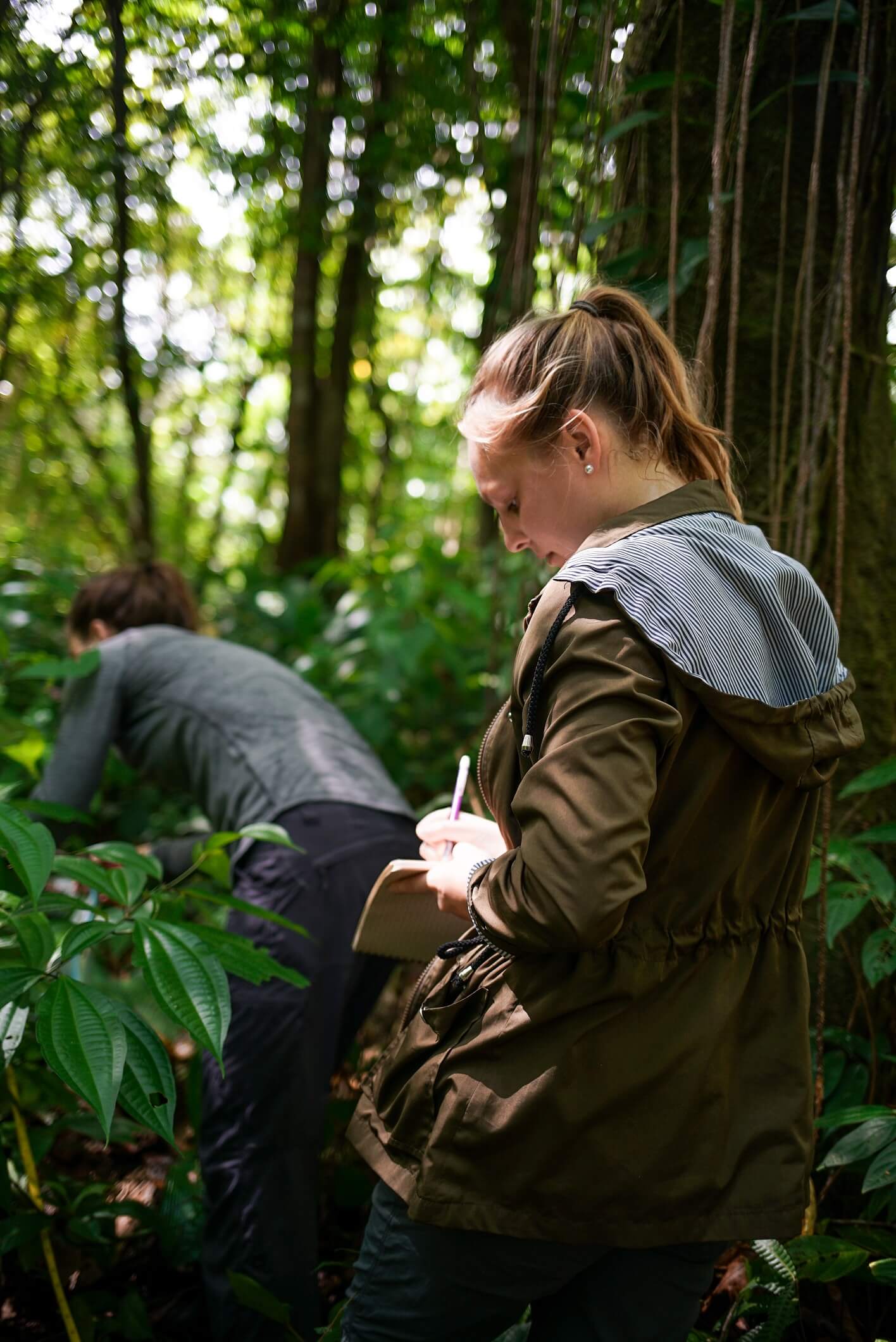
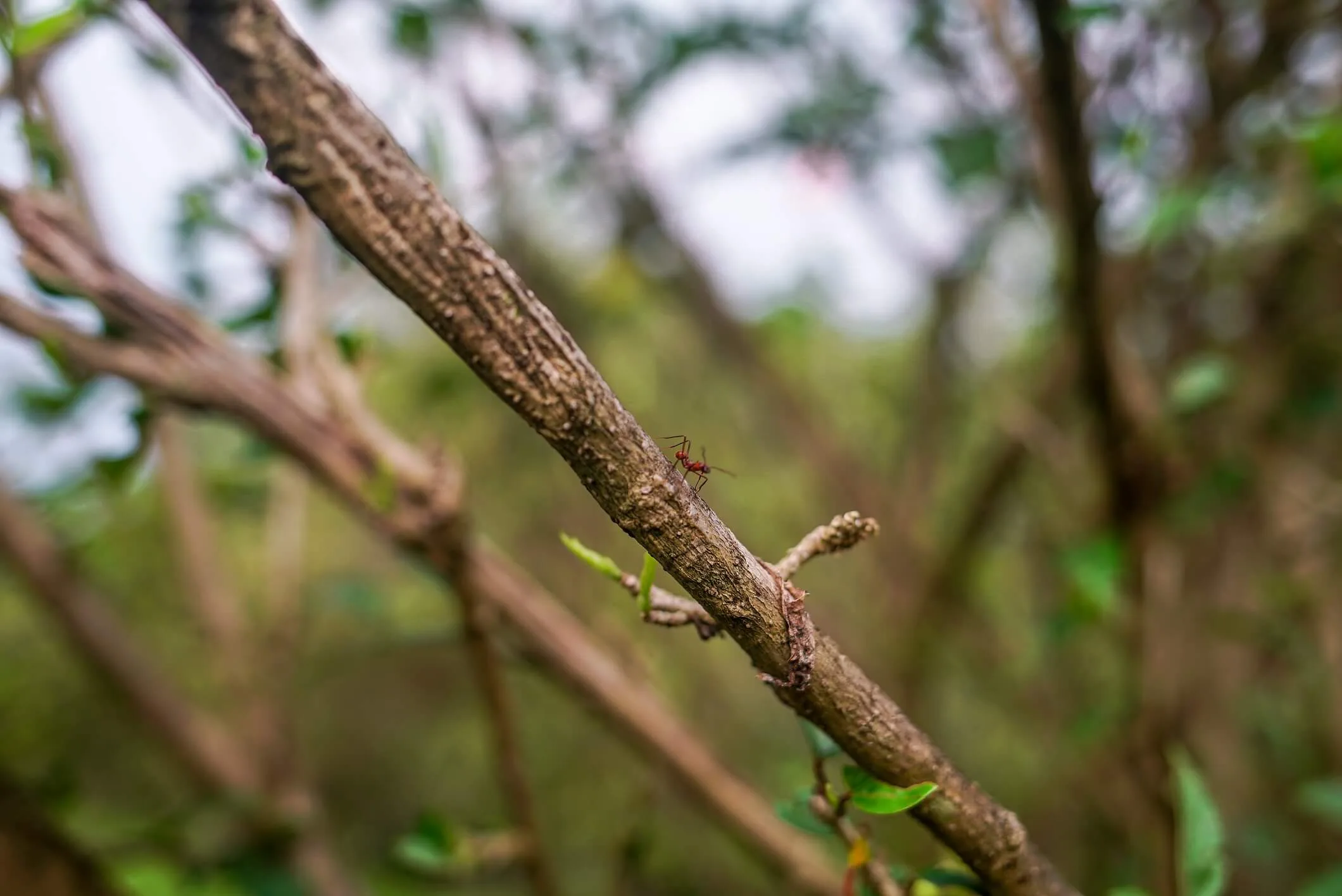
Directed Research is many students’ favorite part of the semester, where they get to put all the science and field research techniques they have learned over the past two months into practice. The results will be shared both within SFS at a scientific presentation and to the Bocas community. We look forward to seeing what they discover.
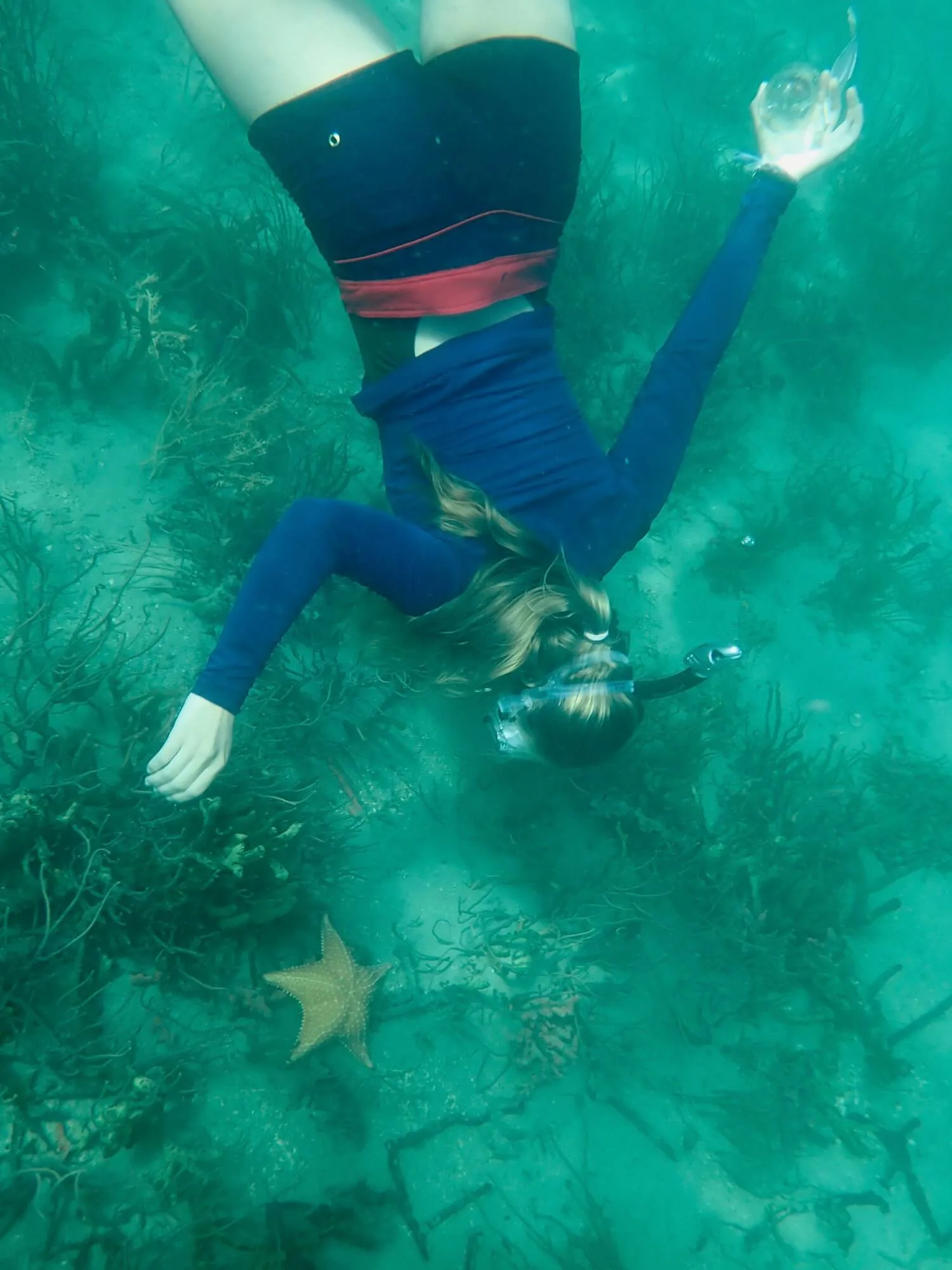
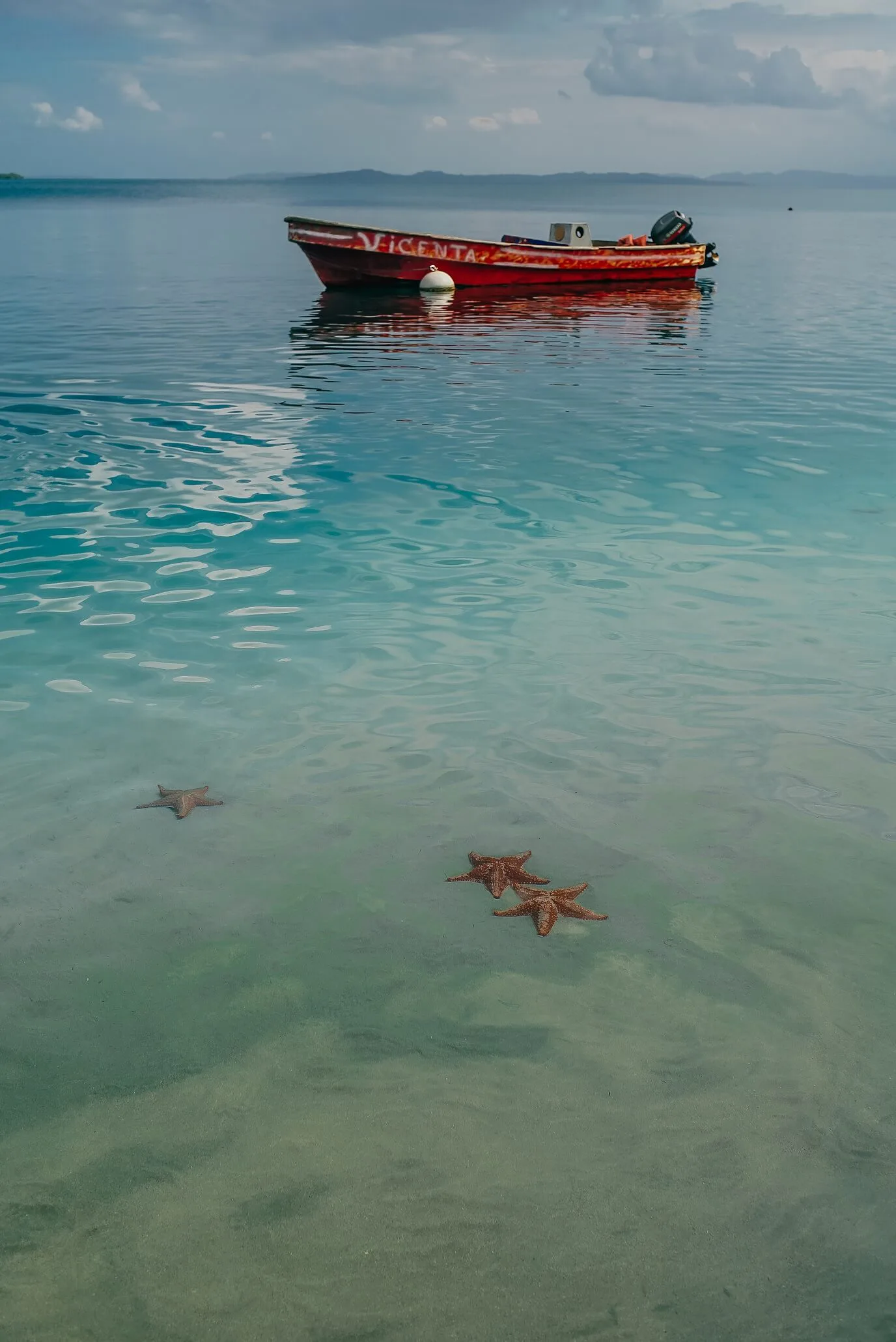
Related Posts

